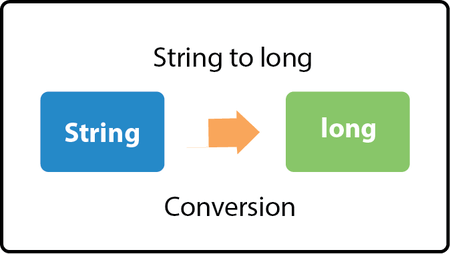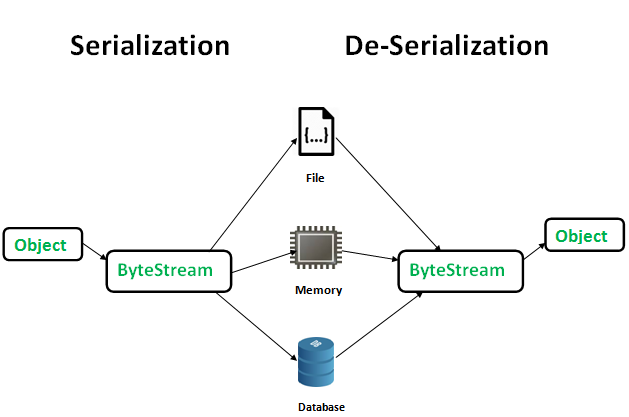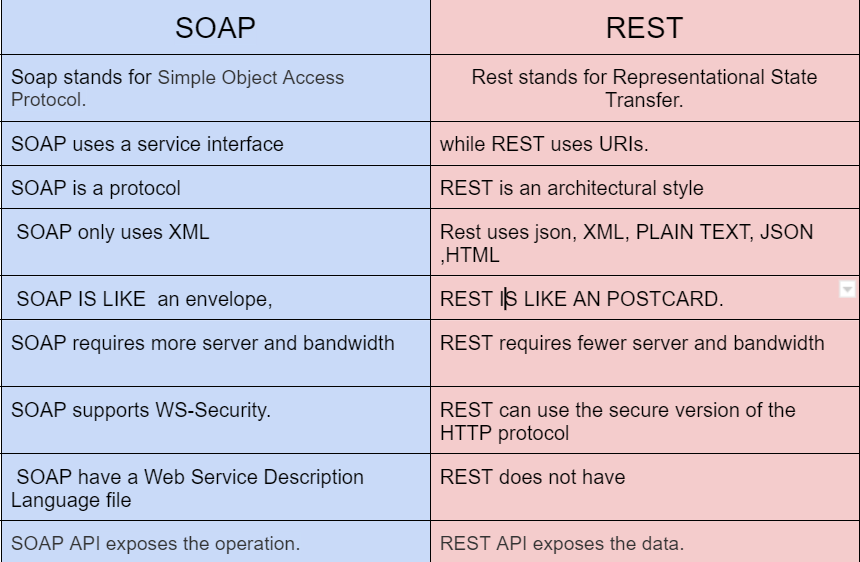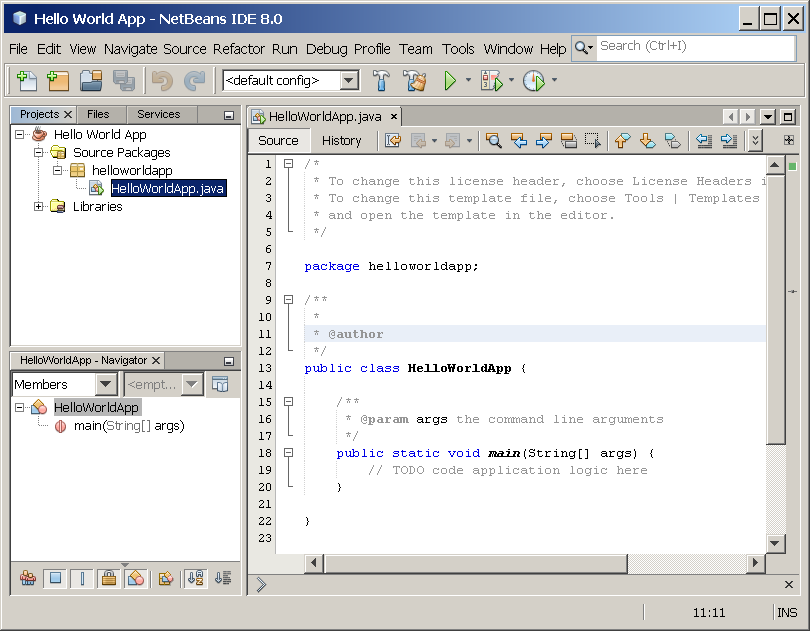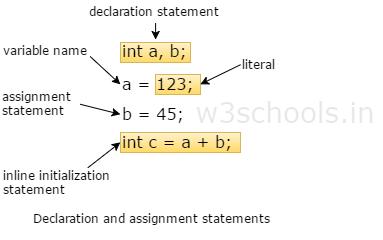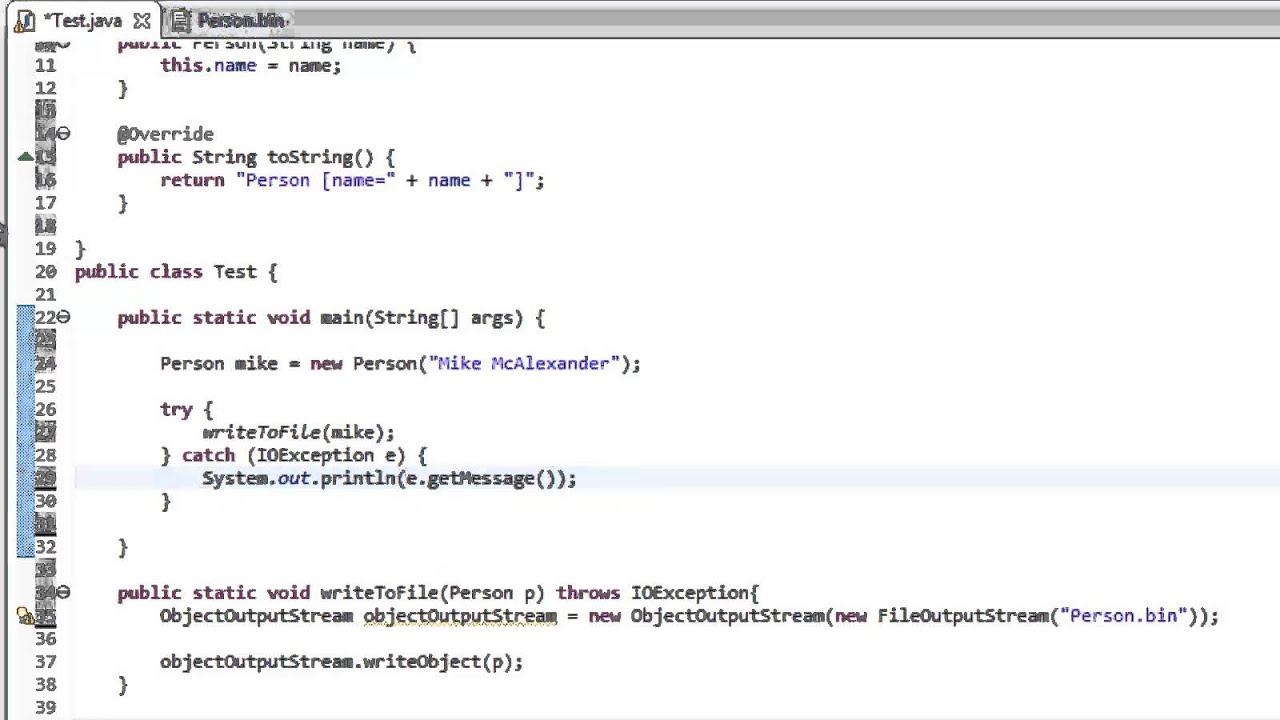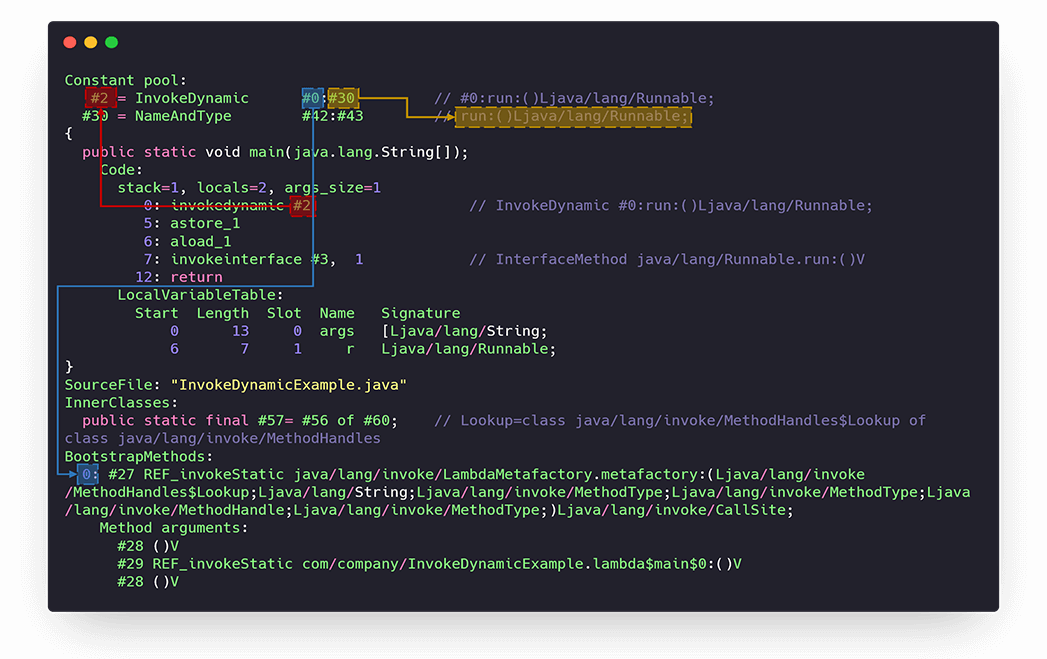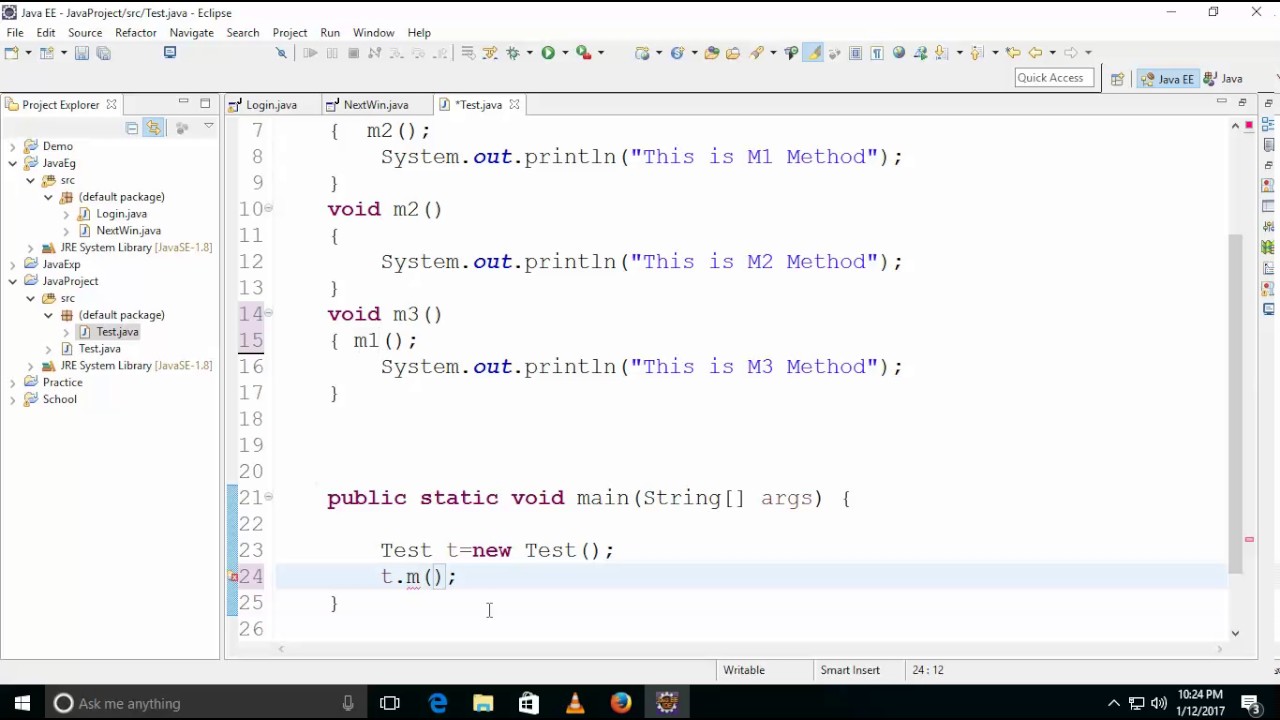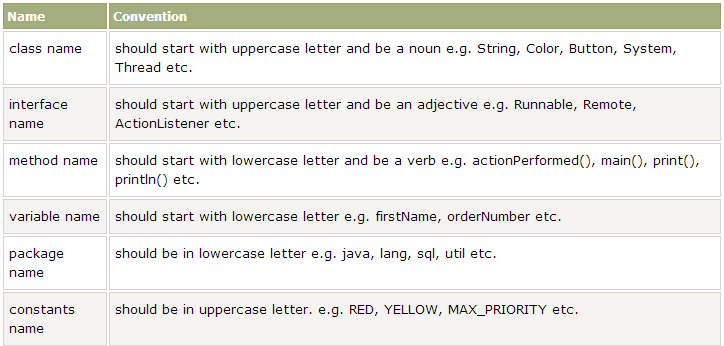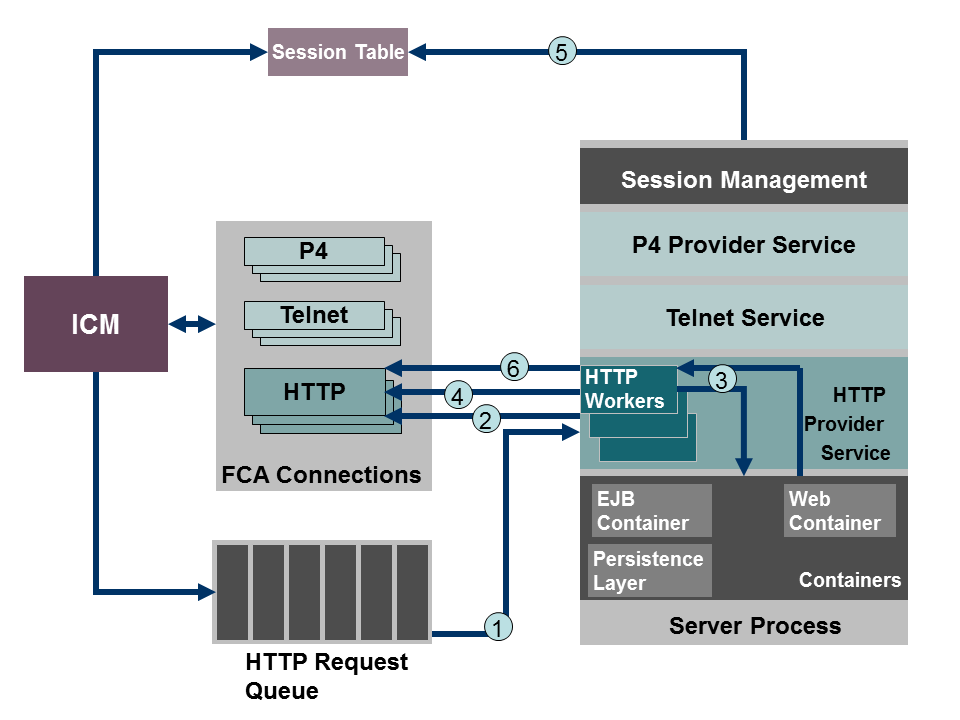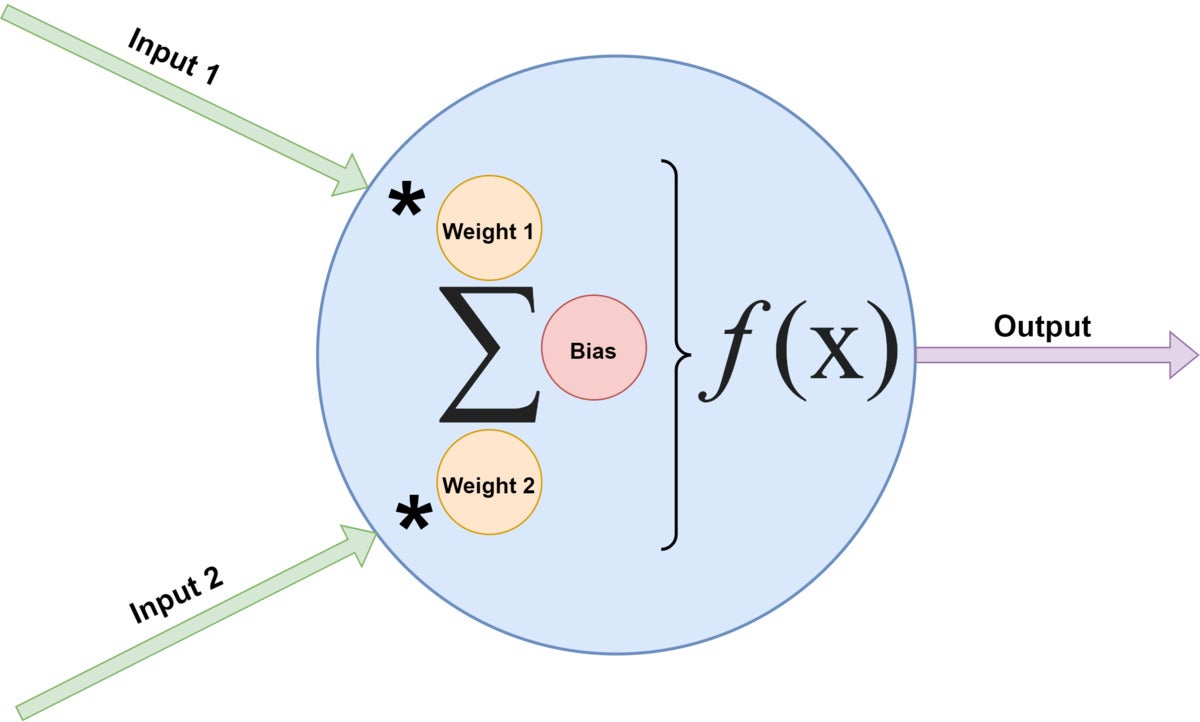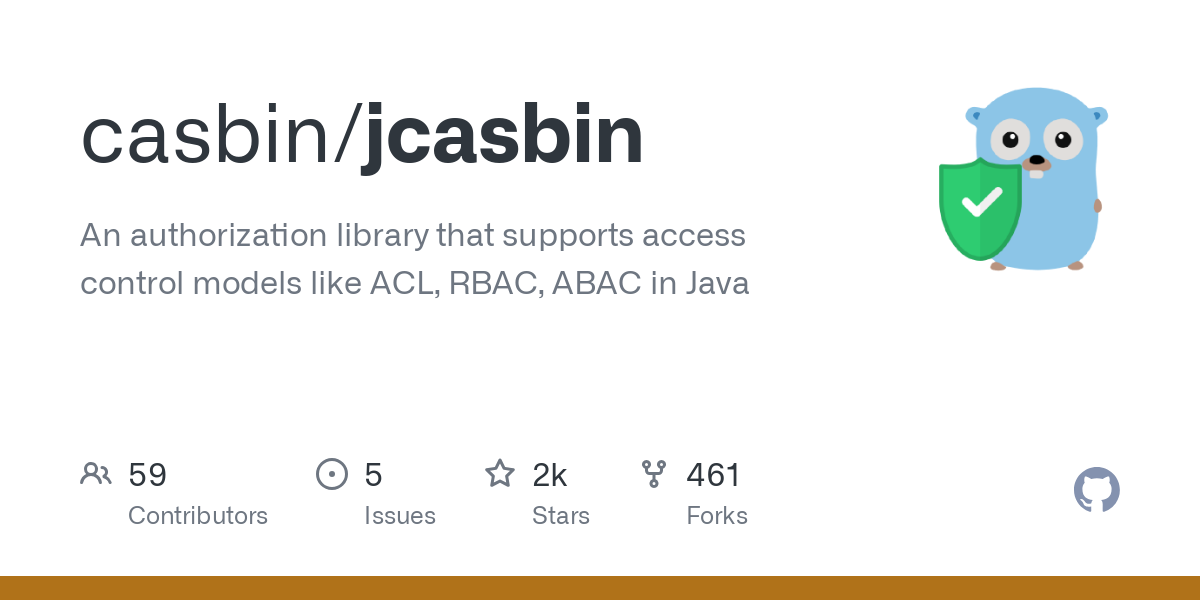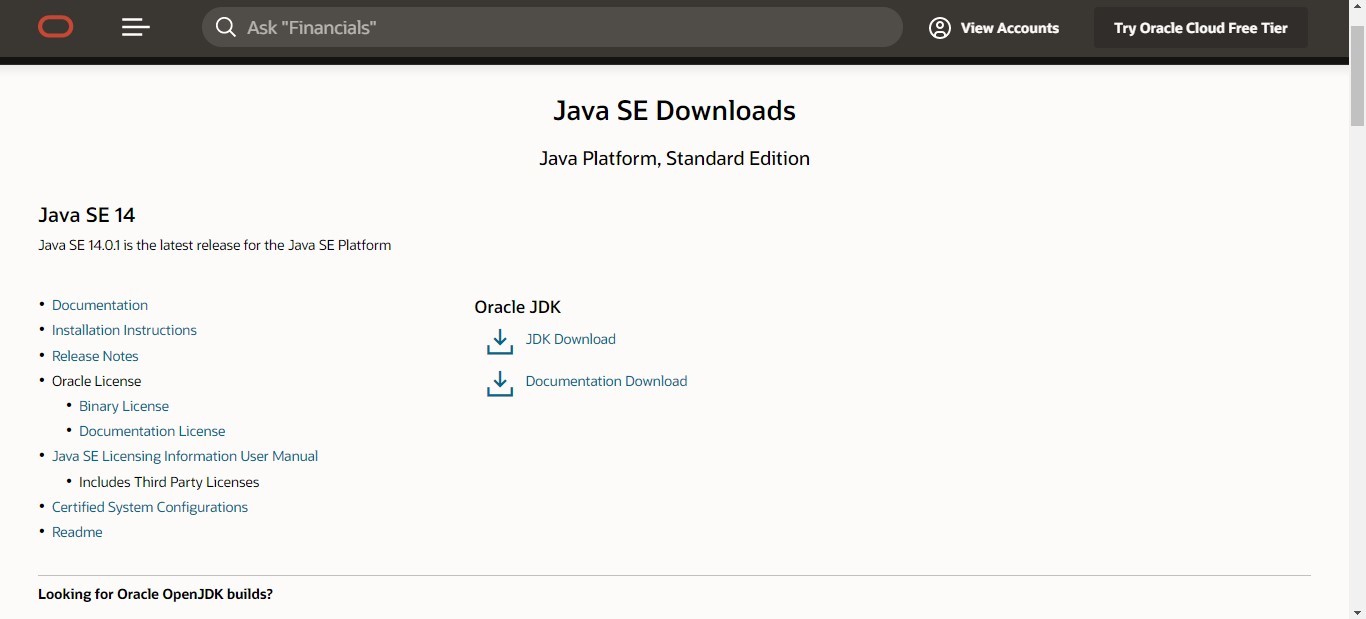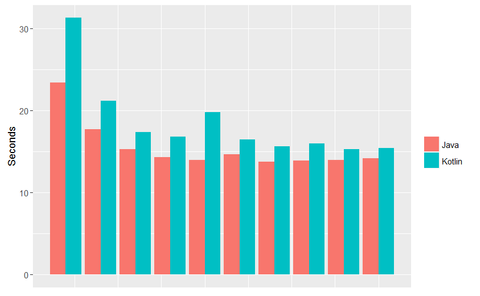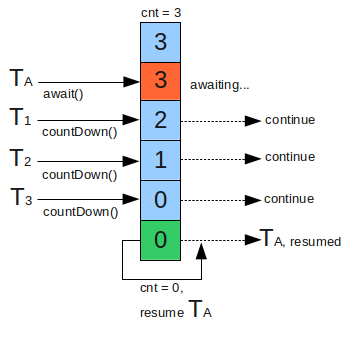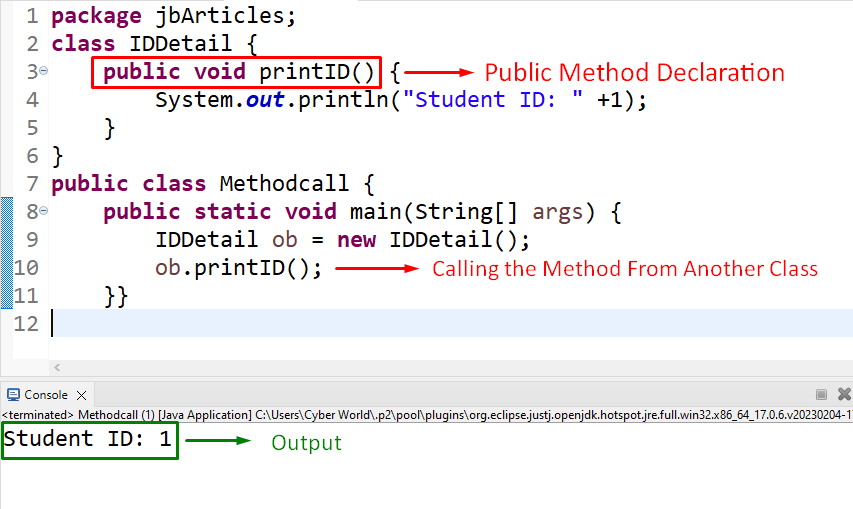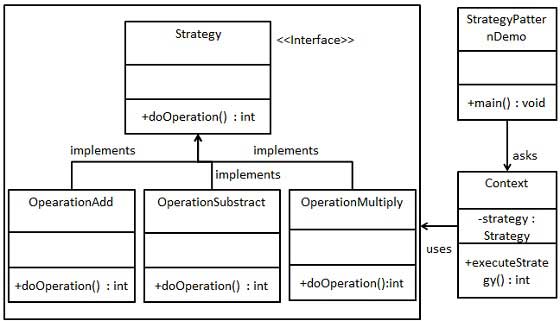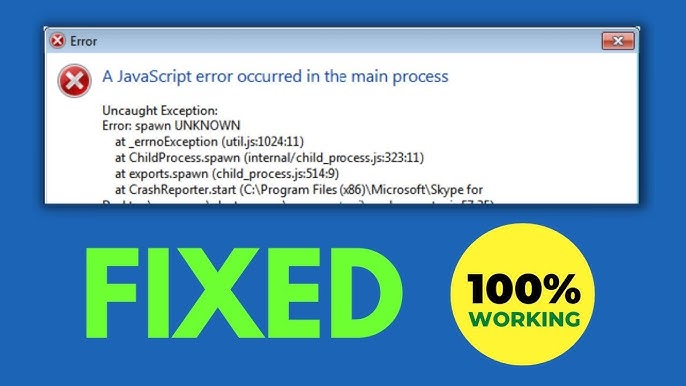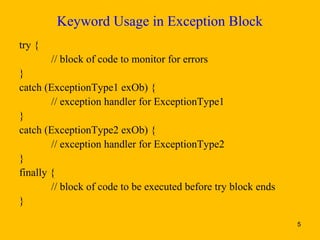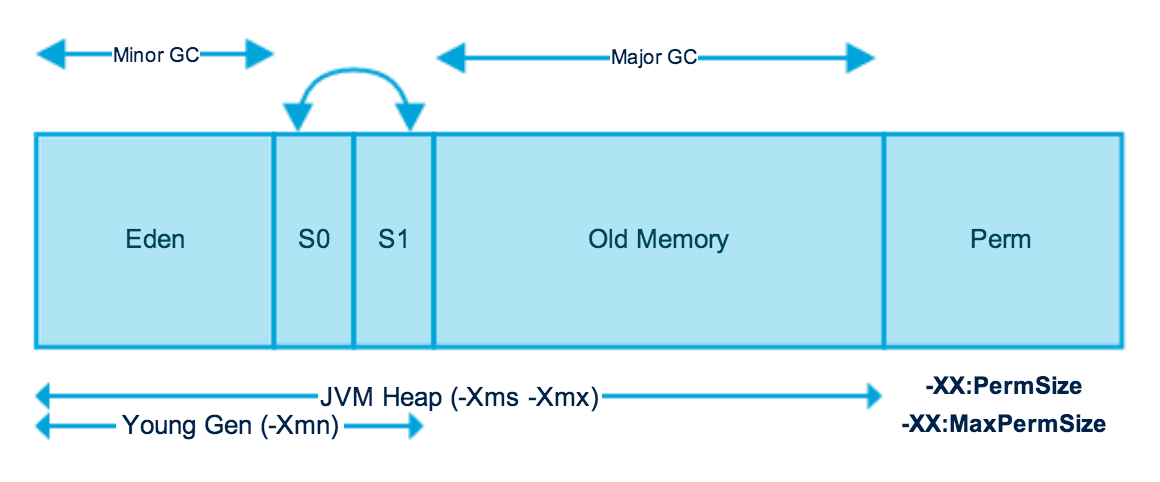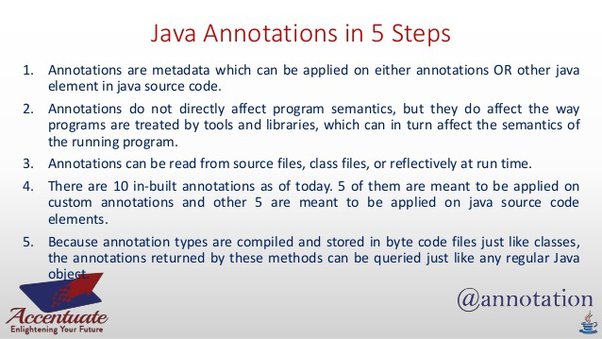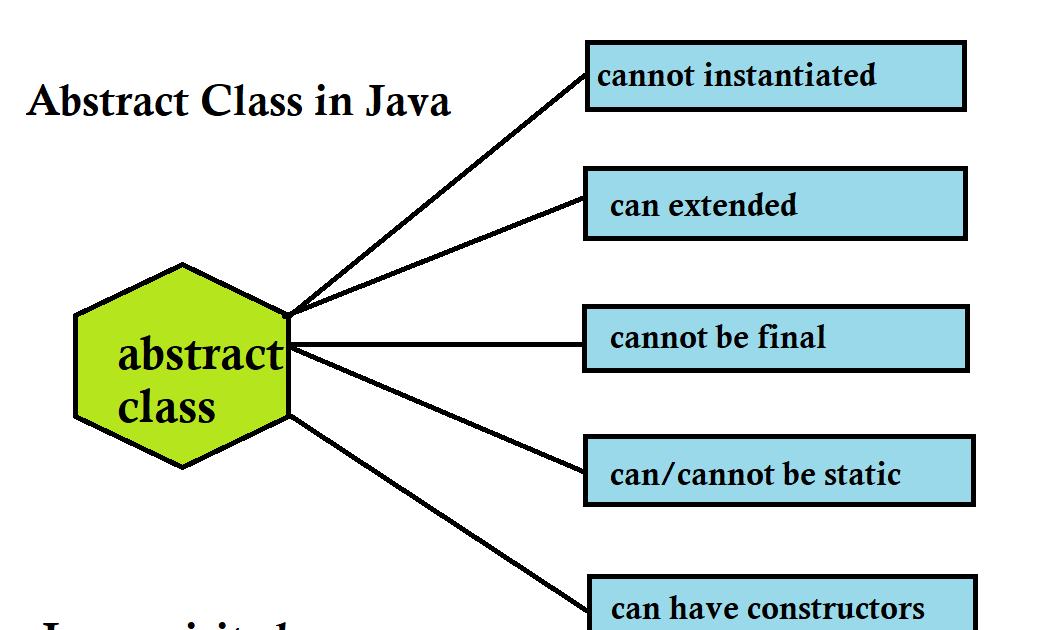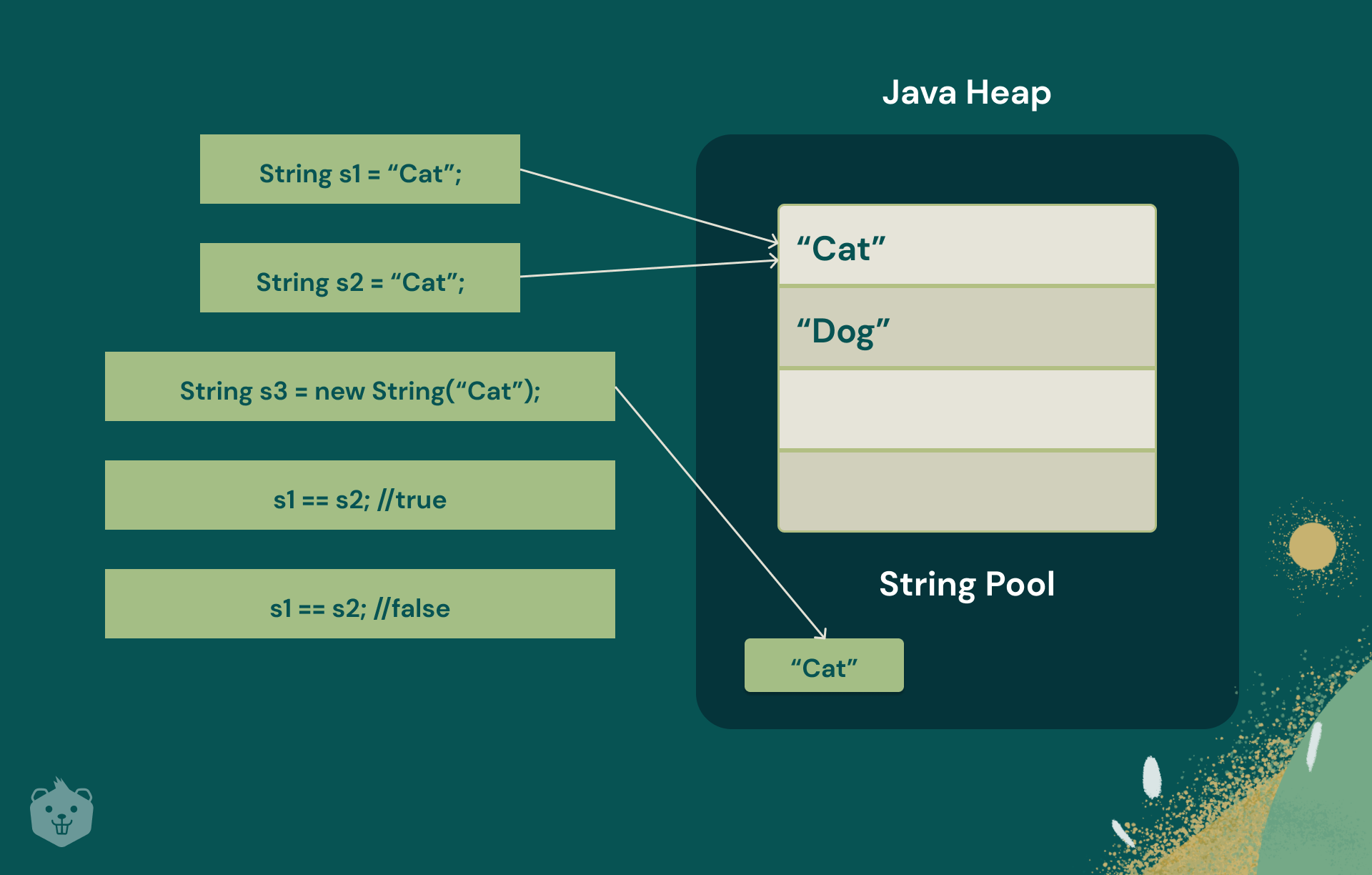How to learn java oop for beginners
How to learn java oop for beginners
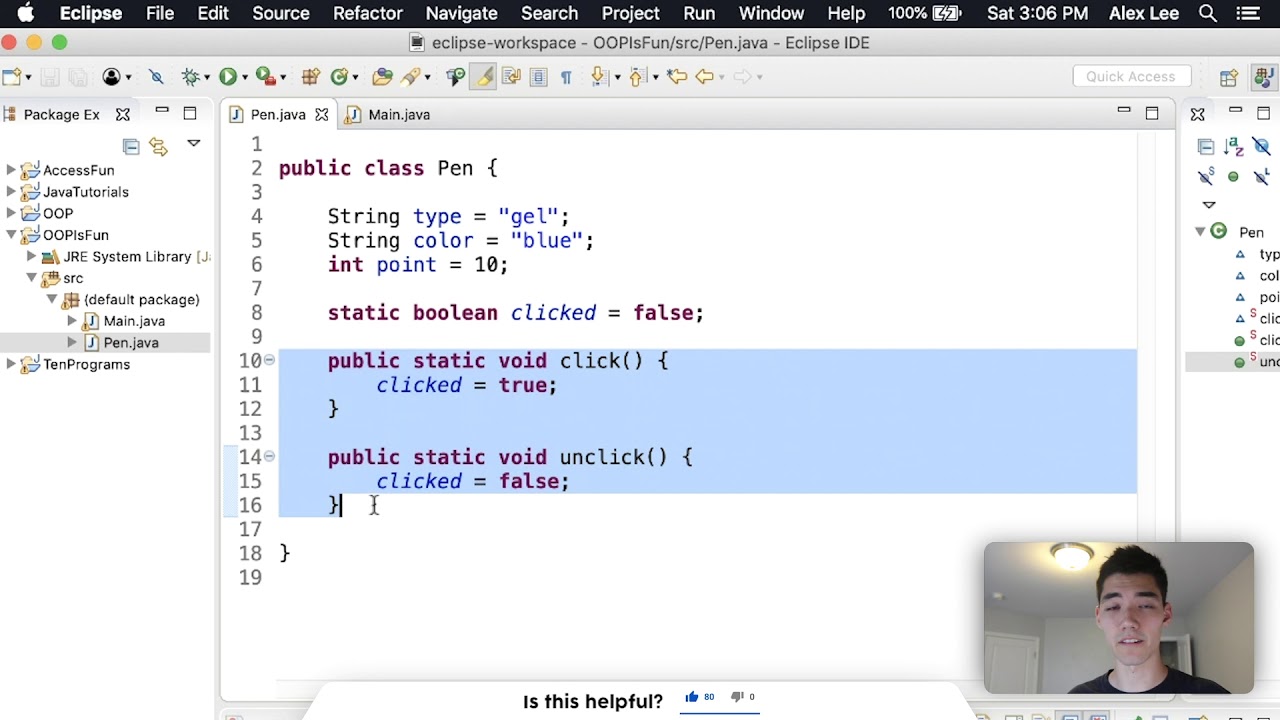
I'd be happy to help you with that! Here's a comprehensive guide on how to learn Java OOP (Object-Oriented Programming) for beginners:
Step 1: Understand the Basics of Java
Before diving into Java OOP, it's essential to have a solid grasp of basic Java programming concepts. This includes variables, data types, operators, control structures (if-else statements, loops), and functions.
Step 2: Learn Object-Oriented Programming Fundamentals
Java is an object-oriented language that supports the principles of encapsulation, inheritance, polymorphism, and abstraction. Here are some key OOP concepts:
Class: A blueprint or template for creating objects. Object: An instance of a class, which has its own set of attributes (data) and methods (functions). Inheritance: The process by which one class can inherit the properties and behavior of another class. Polymorphism: The ability of an object to take on multiple forms. This can be achieved through method overriding or method overloading.Step 3: Learn Java OOP Concepts
Here are some essential Java OOP concepts:
Constructors: Special methods that initialize objects when they're created. Methods: Blocks of code that perform specific tasks and can be invoked from other parts of your program. Fields: Instance variables or attributes that belong to a class or object. Encapsulation: The idea of hiding an object's internal state (fields) from the outside world and only allowing controlled access through methods.Step 4: Practice with Simple Examples
Try creating simple Java classes and objects to get hands-on experience with OOP concepts. For instance, you can create a Car class with attributes like color, speed, and model. Then, create an object of that class and manipulate its fields through methods.
Step 5: Learn Advanced OOP Concepts
Once you have a solid grasp of the basics, move on to more advanced topics:
Abstract Classes: Classes that cannot be instantiated and are used as base classes for inheritance. Interfaces: Abstract classes with no implementation and are used to define contracts or behaviors. Exception Handling: The process of catching and handling errors or exceptions in your program.Step 6: Use Online Resources and Tutorials
There are numerous online resources, tutorials, and courses that can help you learn Java OOP:
Online tutorials like Oracle's Java Tutorials, Coursera, Udemy, edX, etc. Programming books and textbooks on Java OOP. Practice platforms like HackerRank, LeetCode, Codewars, etc.Step 7: Join Online Communities and Forums
Participate in online forums, discussion groups, and social media communities to connect with other programmers, get help, share knowledge, and learn from others:
Reddit's r/learnprogramming and r/java. Stack Overflow's Java tag. Java-related subreddits, Facebook groups, etc.By following these steps and practicing regularly, you'll be well on your way to mastering Java OOP and becoming a skilled programmer!
Remember: learning is a continuous process. Don't be afraid to ask for help, experiment, and learn from your mistakes!
Where to learn OOP in Java?
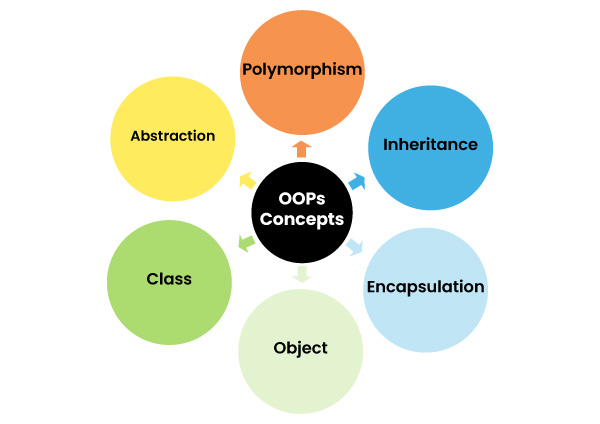
I'm glad you asked! Learning Object-Oriented Programming (OOP) in Java can be a fantastic experience, and there are many resources available to help you achieve that. Here are some suggestions:
Oracle's Official Tutorials: Oracle provides an excellent set of tutorials on their website, which covers the basics of Java programming, including OOP concepts like classes, objects, inheritance, polymorphism, and encapsulation.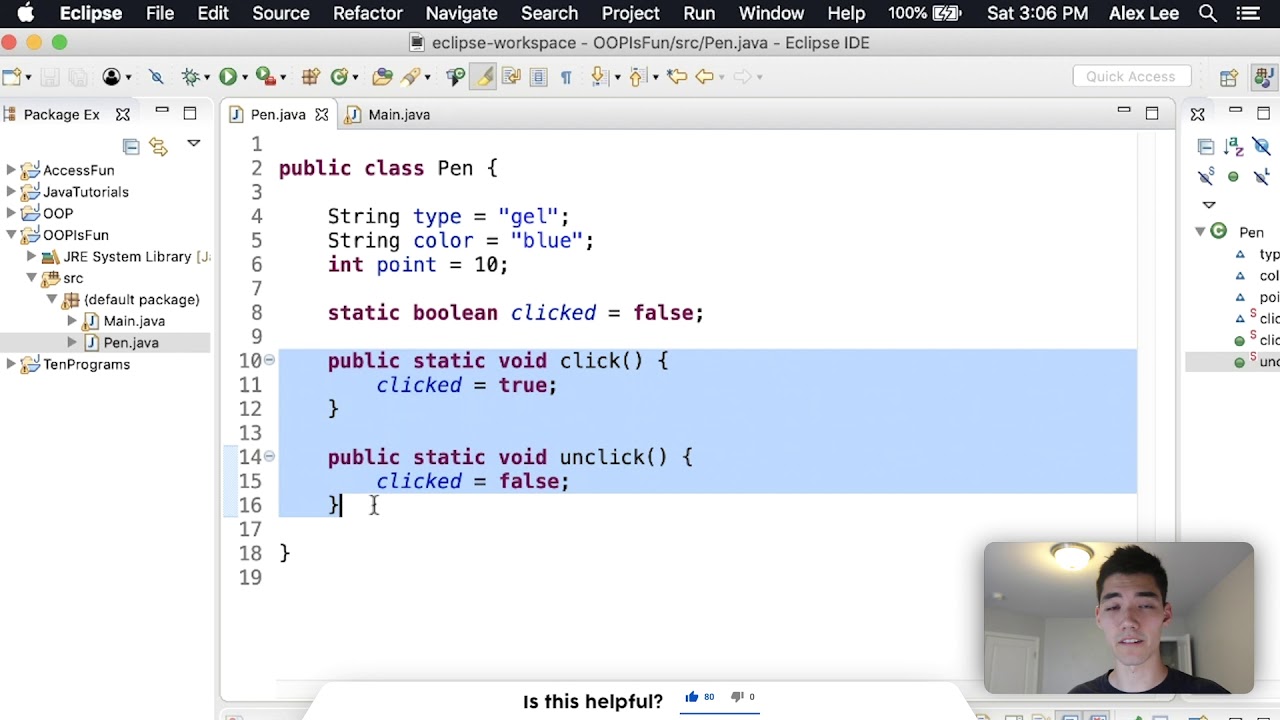
When it comes to specific topics within OOP, such as:
Encapsulation: Focus on the idea of hiding internal implementation details from the outside world using access modifiers (public, private, protected). Polymorphism: Practice writing methods with multiple forms (overloading) or that can work with different types of data (method overriding). Inheritance: Study how one class can inherit properties and behavior from another. Composition: Learn about combining objects to create new ones.Some online resources for learning these topics include:
CodeGolf: A website dedicated to programming puzzles, where you can find challenges focused on OOP concepts like inheritance and polymorphism. Edabit: Another coding platform that offers exercises and problems in various languages, including Java. You'll find a range of OOP-focused challenges.Remember, the key to learning is consistent practice and hands-on experience. Start with some basic tutorials, then move on to more advanced topics. Don't be afraid to ask for help or seek guidance when needed.
Now, go forth and conquer the world of Object-Oriented Programming in Java!
